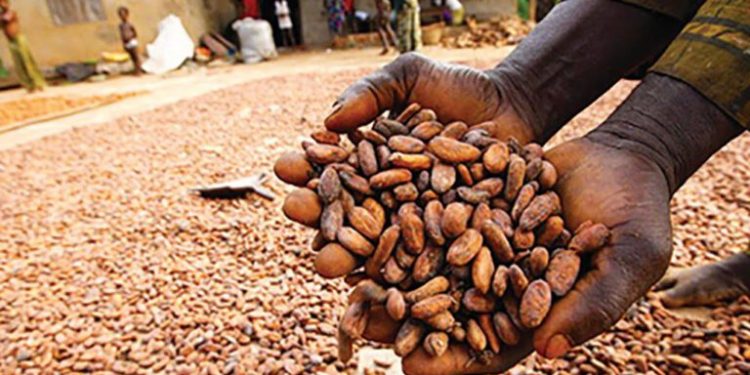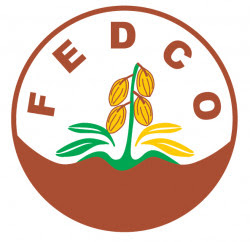The Ondo State Government has raised fresh concerns over the adulteration of cocoa beans, warning that the practice undermines product quality, causes financial losses, and tarnishes Nigeria’s image in the global market.
Chief Segun Odusanya, Permanent Secretary at the Ministry of Agriculture and Forestry, made this known on Saturday in Akure while speaking on the state’s efforts to clamp down on the illicit practice. He confirmed that adulterants were recently confiscated in the Ireje community of Ondo East Local Government Area.
He explained that the use of foreign particles in cocoa beans — such as pieces of dried kolanut and cocoa pods compromises quality and leads to price discounts internationally. As Nigeria’s top cocoa-producing state, Ondo bears a significant portion of the fallout from these activities.
“Ondo State, being the highest cocoa producer in Nigeria, is severely impacted by these activities, which tarnish the image of both the state and the country in the international market,” Odusanya said. “We will continue fighting this war against adulteration. Although it’s a significant challenge, we won’t relent until the state is free from this harmful practice.”
He also disclosed the arrest of a female suspect, allegedly known for supplying adulterants. The suspect, caught in Ireje with large quantities of dried kolanut and cocoa pod particles, is set to be prosecuted under state produce laws.
Director of Produce Licensing in the ministry, Mr Sunday Dosumu, said the arrest was made by the task force on adulteration during a routine patrol. He noted that the dried kolanut, containing nicotine, poses a serious risk to the integrity of cocoa beans. The suspect also had fresh and dried cocoa pods cut into pieces another tactic to boost weight and deceive buyers.
Dosumu lamented that despite ongoing awareness campaigns, some merchants still engage in adulteration, driven by profit motives.
He stressed that the practice is harmful to produce trade and called on the public to collaborate with the government in rooting out those involved.
The government’s renewed campaign highlights the broader challenge of safeguarding agricultural standards as Nigeria seeks to maintain competitiveness in international markets










